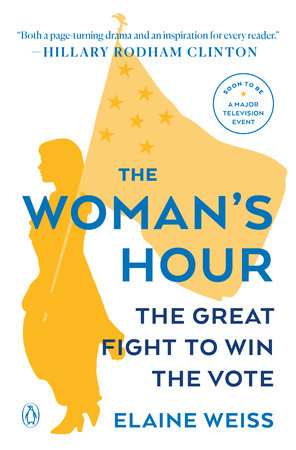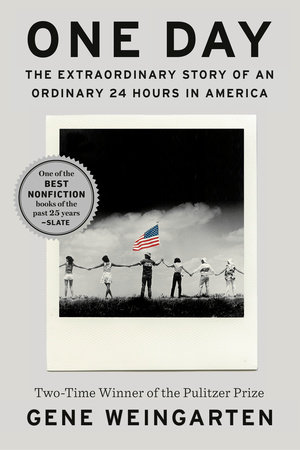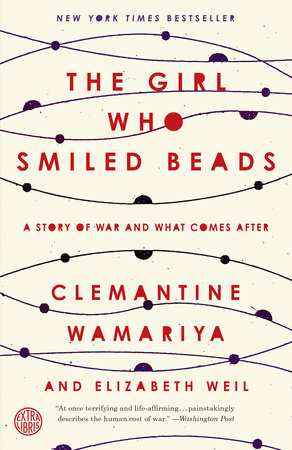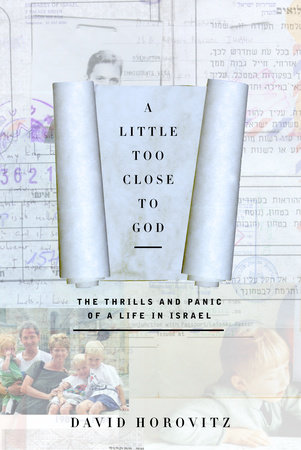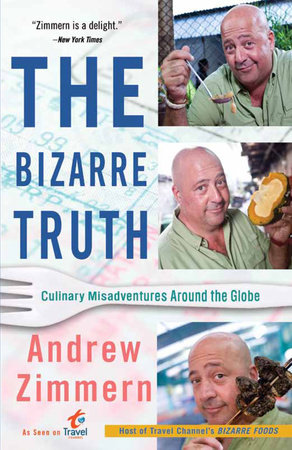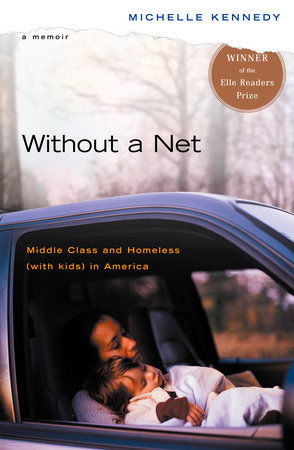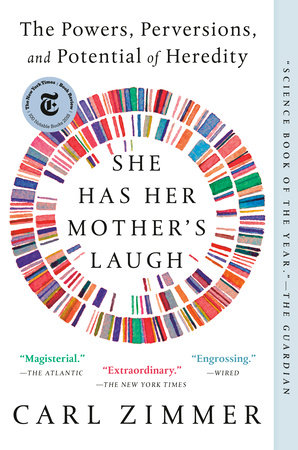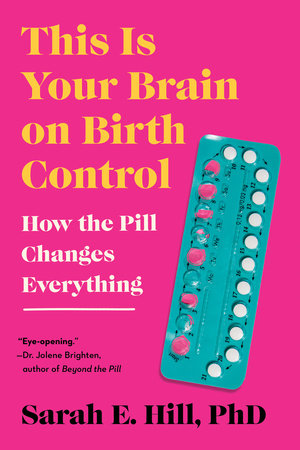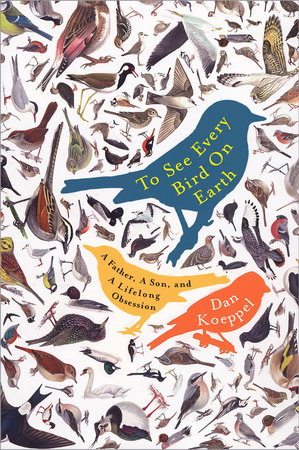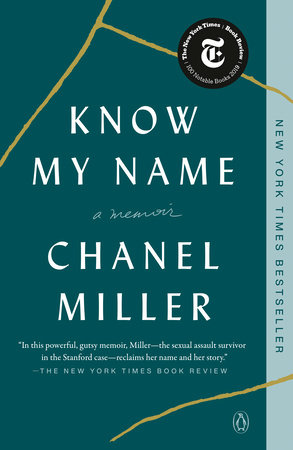The Woman’s Hour tells a dramatic story of a pivotal event in the twentieth century—one that people know happened but have little idea of how or why. What do you hope the reader will take away from your retelling the story of the suffragists and the Antis?
The woman suffrage movement really is one of the great civil rights campaigns in our nation’s history. It secured the enfranchisement of one-half of the nation’s citizens—twenty-seven million women—and yet we know very little about it. It’s rarely taught in school (and if it is mentioned, often cartoonishly over-simplified), and it’s rarely portrayed in books of popular narrative history.
I hope readers of The Woman’s Hour will begin to understand what this movement meant—its place in American history and the expansion of democracy, its role in changing attitudes towards women—and gain a deeper appreciation for the women who devoted their lives to what they called “The Cause.” Readers will get to know these women in a more intimate way: their ambitions, their fears, their courage, the personal price they often paid for their stance against the status quo. Not just the famous leaders, but the devoted foot soldiers of the movement, in the small cities and towns of Tennessee and across the country. The men—some politicians, some in other professions—who truly believed in a broader democracy, and bravely stood up for women’s equal rights. Readers will also come to know the “Antis”—the men, but especially the women—who opposed their sisters’ holding the ballot. Readers will come away with a visceral sense of what it was like to be in that final confrontation in Nashville: the heat and tension and fear; the political pressures bearing down; the enormous stakes involved. And the real uncertainty of the outcome.
Many have forgotten that it took more than seventy years for women to obtain the right to vote, and far fewer people know that it came down to the six-week battle in one state, Tennessee. In the book you show how all the core elements of American history—race, class, money, gender, states’ rights, and power itself—play their roles in the events of August 1920. Could you share some examples of this?
We think we know how women won the vote: A bunch of women met at Seneca Falls in hoop skirts and bonnets, then flash-forward to some marches and a few picturesque picket signs, and poof—men decided to give their mothers, wives, and daughters the gift of the vote. That’s not how it happened at all. It took seven decades of ceaseless, fearless agitation by three generations of women activists in more than nine-hundred local, state, and national campaigns to win the vote. These women were often ostracized by their families and churches for their suffrage stance; they were pelted with rotten eggs and pilloried in the press; they were imprisoned and force fed and beaten. In the process of challenging political norms and cultural taboos and gender stereotypes, the suffragists became adept politicians and great orators and extraordinary leaders. There are many lessons we can—and should—learn from their courage and political sagacity.
Seventy-two years after Elizabeth Cady Stanton, together with Frederick Douglass at Seneca Falls, demanded that women be allowed to vote, the final battle to ratify the Nineteenth Amendment to the U.S. Constitution was waged in Nashville in the summer of 1920. Because this was the last stand, all the forces—supporting and opposing the federal amendment—gathered in Nashville to slug it out. And, because this last battle was fought in the South, there was tremendous opposition to the Nineteenth Amendment on racist grounds: woman suffrage would allow black women to vote (at least on paper). So all the core elements of American history—race, class, money, gender, states’ rights, and even the ghosts of the Civil War—converge and become explosive in Nashville.
How did you come to this story?
I stumbled upon the story of the Tennessee ratification vote while researching something else, deep in the Library of Congress. I was tracing how a large bequest to the suffrage cause, made by a celebrated New York woman publisher, was spent. I found that some of the money was spent in the campaign to ratify the Nineteenth Amendment, and toward funding that last battle in Nashville. So I steered away from the publisher (though she does make an appearance in the book), realizing that the better story was what happened in Tennessee—those wild six weeks—and this would allow me to explore the entire suffrage movement, which, surprisingly, has not received much attention in popular historical writing.
This is not just a book about women’s history, but rather a larger look at how we have evolved as a democracy and reacted to those asking for inclusion—a reaction we see playing out again and again. Could you explain further?
At the outset of our democratic experiment, “We the People” really meant “We the White, Wealthy Men”—no one else had a voice, or had a vote. In the almost two-and-a-half centuries since, we’ve seen great pushes to expand that circle, to extend full rights to all American citizens—civil rights and voting rights—but these efforts have been met with equally strong resistance to such widening.
The vote is power, and those who already have power don’t care to share it—it’s that simple and stark. Restricting certain groups from voting is a tactic long used for political party advantage. We see it in Nashville in 1920, and it’s happening again now. It’s a constant struggle.
How did the woman suffrage movement affect later movements, such as Civil Rights, or today’s Black Lives Matter and Women’s March movements? What precedents, if any, did the suffragists set for political activism?
The campaign for woman suffrage was not only a political movement, though the goal and methods were political. It was also a long-term effort to alter societal norms and cultural customs concerning women’s roles.
The genius of the woman suffrage movement—its strategies, lobbying tactics, public education efforts, non-violent protest (demonstrations, marches, picketing, civil disobedience)—would prove to be a valuable template for later civil rights campaigns of the twentieth and twenty-first centuries. The African-American civil rights era, gay rights campaigns, and efforts to secure women’s reproductive rights and marriage equality—all took a page from the suffragists, in both their public protests and their political maneuvers.
